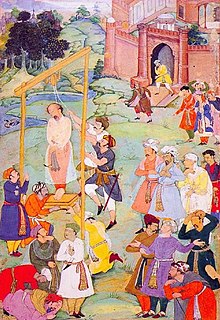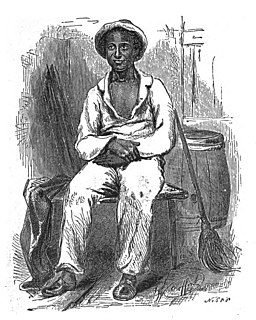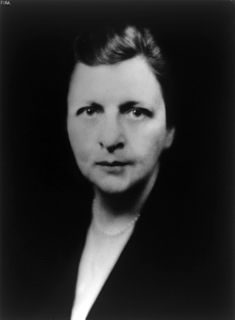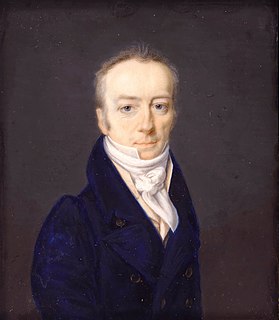A Quote by Erich Fromm
I believe that none can "save" his fellow man by making a choice for him. To help him, he can indicate the possible alternatives, with sincerity and love, without being sentimental and
without illusion.
Related Quotes
It is a fearful thing to hate whom God hath loved. To look upon another-his weaknesses, his sins, his faults, his defects is to look upon one who is suffering. He is suffering from negative passions, from the same sinful human corruption from which you yourself suffer. This is very important: do not look upon him with judgmental eyes of comparison, noting the sins you assume you'd never commit. Rather, see him as a fellow sufferer, a fellow human being who is in need of the very healing of which you are in need. Help him, love him, pray for him do unto him as you would have him do unto you.
The young man who addresses himself in stern earnest to organizing his life-his habits, his associations, his reading, his study, his work-stands far more chance of rising to a position affording him opportunity to exercise his organizing abilities than the fellow who dawdles along without chart or compass, without plan or purpose, without self-improvement and self-discipline.
At such times, the heart of man turns instictively towards his Maker. In prosperity, and whenever there is nothing to injure or make him afraid, he remembers Him not, and is ready to defy Him; but place him in the midst of dangers, cut him off from human aid, let the grave open before him, then it is, in the time of his tribulation, that the scoffer and unbelieving man turns to God for help, feeling there is no other hope, or refuge, or safety, save in his protecting arm.
Those who say they believe in God and yet neither love nor fear Him, do not in fact believe in Him but in those who have taught them that God exists. Those who believe that they believe in God, but without any passion in their heart, any anguish of mind, without uncertainty, without doubt, without an element of despair even in their consolation, believe only in the God-idea, not in God.
You need not fear me, for I not only should think it wrong to marry a man that was deficient in sense or in principle, but I should never be tempted to do it; for I could not like him, if he were ever so handsome, and ever so charming, in other respects; I should hate him—despise him—pity him—anything but love him. My affections not only ought to be founded on approbation, but they will and must be so: for, without approving, I cannot love. It is needless to say, I ought to be able to respect and honour the man I marry, as well as love him, for I cannot love him without.
Man has been called a rational being, but rationality is a matter of choice-and the alternative his nature offers him is: rational being or suicidal animal. Man has to be man-by choice; he has to hold his life as a value-by choice; he has to learn to sustain it-by choice; he has to discover the values it requires and practice his virtues-by choice. A code of values accepted by choice is a code of morality.
The absurd man will not commit suicide; he wants to live, without relinquishing any of his certainty, without a future, without hope, without illusions … and without resignation either. He stares at death with passionate attention and this fascination liberates him. He experiences the “divine irresponsibility” of the condemned man.
He was a foe without hate; a friend without treachery; a soldier without cruelty; a victor without oppression, and a victim without murmuring. He was a public officer without vices; a private citizen without wrong; a neighbor without reproach; a Christian without hypocrisy, and a man without guile. He was a Caesar, without his ambition; Frederick, without his tyranny; Napoleon, without his selfishness, and Washington, without his reward.
He was making her feel small and absurdly petulant and, worse yet, she suspected he was right. She always suspected he was right. For a brief irrational moment, she wished she could walk away from him. Then she wished, more rationally, that she could love him without needing him. Need gave him power without his trying; need was the choicelessness she often felt around him.
It is of dangerous consequence to represent to man how near he is to the level of beasts, without showing him at the same time his greatness. It is likewise dangerous to let him see his greatness without his meanness. It is more dangerous yet to leave him ignorant of either; but very beneficial that he should be made sensible of both.
A choice is the root of all morality. Without choice, one can have no moral code. In a vacuum bereft of alternatives, there can be no values. And without values, there can be no reason for a code of ethics. What gives our lives meaning is which alternatives we choose. If we have no options, if we can take but one path, we are by definition slaves.





































